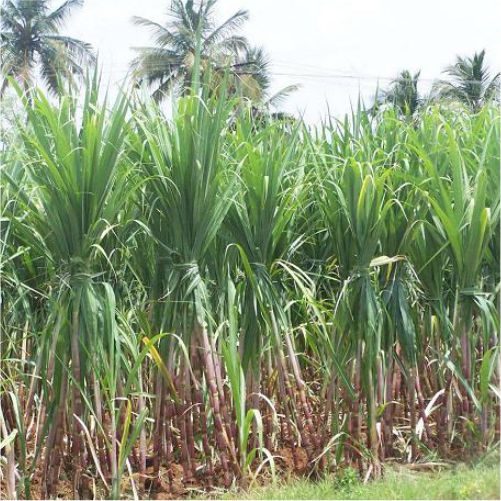Visakhapatnam: Andhra Pradesh is witnessing a steady decline in sugarcane cultivation, with indication the trend will continue in the coming years. Farmers attribute the drop to rising input costs, labour shortages, and the closure of sugar mills across the state.
As per report, in 2014, sugarcane was grown on 1.25 lakh hectares in Andhra Pradesh, with north coastal Andhra Pradesh (NCAP) being the primary sugarcane region. However, many sugarcane farmers have since transitioned to cultivating paddy, maize, and pulses due to the increasing costs associated with sugarcane farming. As a result, after years of decline, the area dedicated to sugarcane cultivation fell to around 40,000 hectares in 2024.
“Although sugarcane yields higher returns compared to paddy and other crops, most farmers have switched to other crops due to labour shortages, high cultivation costs—particularly for harvesting—and lack of support from sugar mills,” explained Dr D. Adilakshmi, a principal scientist at the Regional Agricultural Research Station in Anakapalle.
As per news report by The Times of India, key districts such as Chittoor in the Rayalaseema region and Anakapalle in the NCAP, which were once considered the state’s sugar hubs, are now struggling. Many sugar factories, both cooperative and private, have shut down as successive governments failed to address the concerns of both management and farmers.
“With sugar factories across the state closing one after another, cane farmers are left wondering when they’ll receive their dues and who will purchase their produce,” said Karri Appa Rao, president of the AP Sugarcane Farmers Sangam.
The closure of these mills is a major factor behind the decline in sugarcane farming. Only a few traditional jaggery makers continue to grow sugarcane, while the rest have shifted to other crops, said 62-year-old Appa Rao, himself a sugarcane farmer in Anakapalle.
“I’ve moved to paddy and maize because there’s no demand for sugarcane after the Bhimasingi sugar factory shut down. Soon, even jaggery makers will switch to other crops due to labour shortages and high input costs,” said a farmer from Vizianagaram district.










